Electricians typically specialize in their field. It’s the primary reason why there are over twenty types of electricians.
Common Types of Electricians
Here are the five most common types of electricians.
- Residential electrician/contractor
- Commercial electrician/contractor
- Industrial electrician/contractor
- Low voltage/electrical communication specialists
- Automotive electricians
Most residential and commercial electricians are also contractors. It allows the electrician to take on projects solo or work with a contractor company. However, there are differences between the two types of electricians that will affect which one is best suited for your project.
Differences Between a Residential and Commercial Electrician
Type of Services Offered
Residential electricians are responsible for finishing electrical installations in domestic residences. It includes ensuring the safety of the project and following compliance requirements.
Some other responsibilities include,
- Interpreting technical blueprints
- Electrical appliance and fixture maintenance and service
- Diagnosis and repair of electrical faults
- Residential electrical systems inspection and rewiring
A commercial electrical contractor performs the same tasks on a larger scale. It can include installing control panels and complex wiring while following the provided blueprints.
Most commercial electrical contractors work in large buildings and facilities. They also take care of securing electrical permitting when it is required.
Equipment and Supplies Used
A primary difference between the two types of electrical contractors is the type of power supply. Residential electricians work with single-phase 120V – 240V systems.
In comparison, commercial electricians work on three-phase 120V – 480V systems. The higher voltage is necessary to meet commercial electricity load requirements.
The difference in power translates to the necessary electrical equipment and supplies. Domestic electricians use thin gauge wiring with less insulation and sheathing than commercial cables.
The additional sheathing and insulation on commercial electrical cables are designed to handle the high electrical demand. Commercial electricians may also use different types of wiring, breakers, and other supplies.
Another difference is the electrical system’s location. Commercial systems are designed to be more accessible for easy repairs, maintenance, and replacements.
Did you know we have an entire blog feed dedicated to electrical services and projects? We cover topics such as project management, commercial wiring, solar panels, safety tips, electrical codes, and so much more.
Necessary Technical Skills
The training for residential and commercial electricians begins the same. It can be working as an apprentice, enrolling in a trade school, or having an undergraduate degree.
Due to the size and complexity of the projects, commercial electricians require additional training. To meet qualification requirements, it may mean more than 4,000 hours of job experience and comprehensive knowledge of topics like voltage balancing, control systems, and phase diagrams.
The requirements for certification vary by state so it’s best to check before looking for an electrician.
The Size of the Project
Commercial electricians can work on the same projects as residential ones. However, it’s not true for residential electricians.
Along with working on large projects like office buildings, malls, and other types of industrial or retail complexes, commercial electricians also work on large residential projects. It can include estates, large homes, and apartment complexes.
Commercial electrical contractors have a larger job market and can often afford to pick and choose the projects they work on.
Different Standards, Compliance, and Regulations
The compliance standards for electricians are extensive. Residential compliance standards cover everything from the type of electrician to the cables, fittings, and insulation.
Standards are stricter for commercial electrical contractors. It includes electrical equipment safety standards, personal safety compliance, and the level of insurance the electrician carries.
The state or municipality typically issues the electrical contractor license, and the type of certification can vary. However, most states only issue Electrical Contractor certificates to Master electricians or businesses with one in-house.
Commercial Electrical Contractors with Action Services Group
Are you looking for a qualified commercial electrician? Do you have an upcoming commercial electrical project? Do you require routine electrical maintenance? We can help. Contact one of our electrical professionals today and find the right professional for your project.
Call 610-558-9773, email [email protected], or schedule a call that fits your needs by clicking the button below!



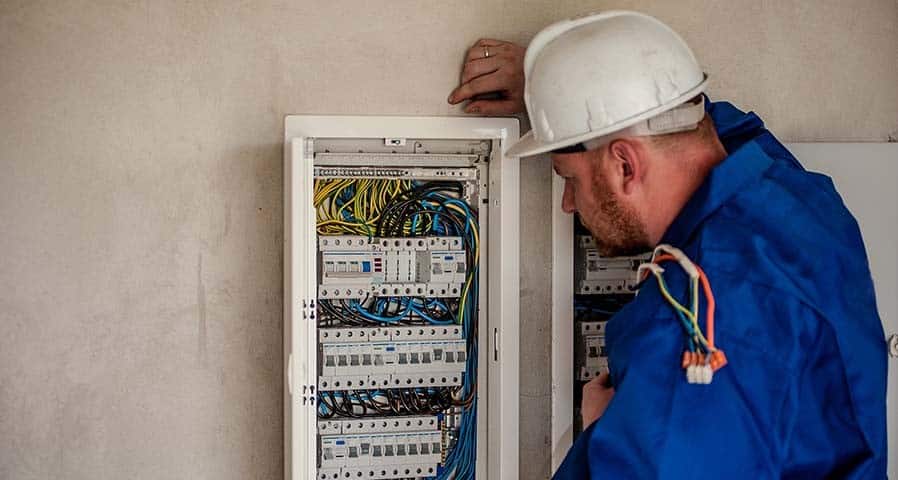
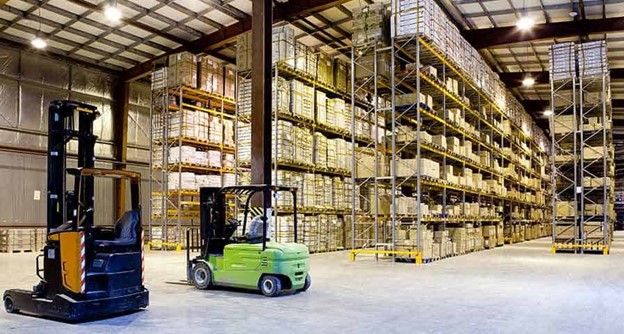
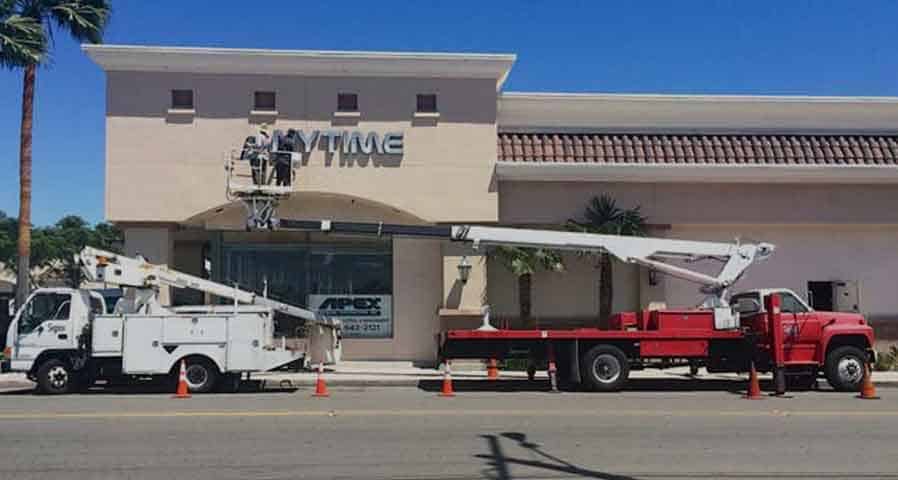


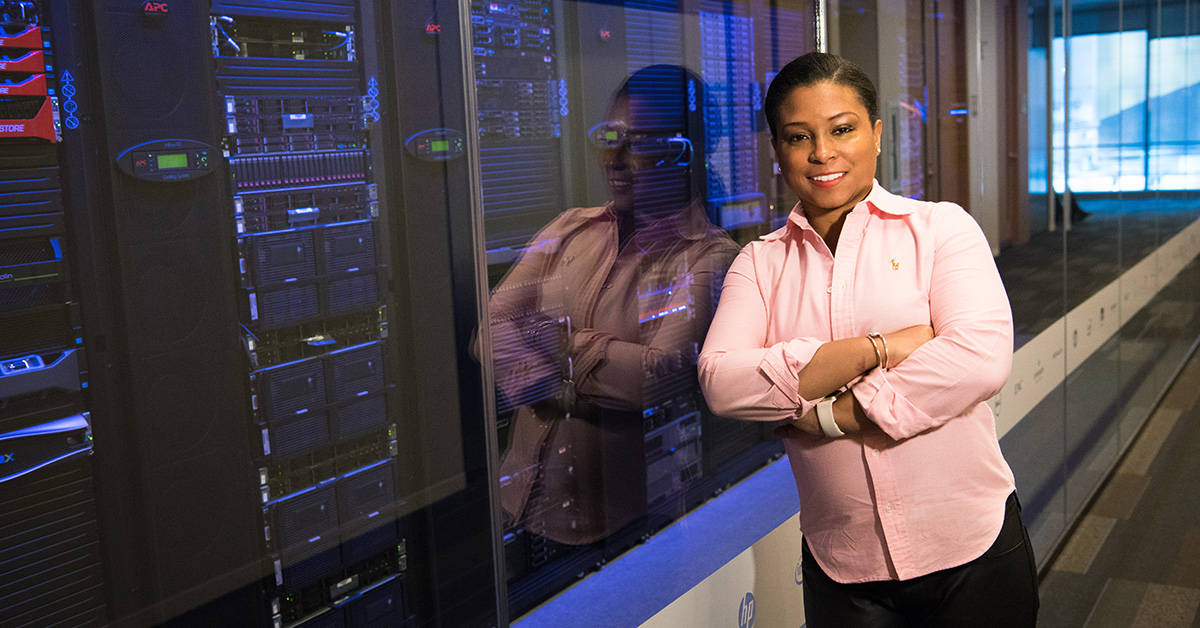







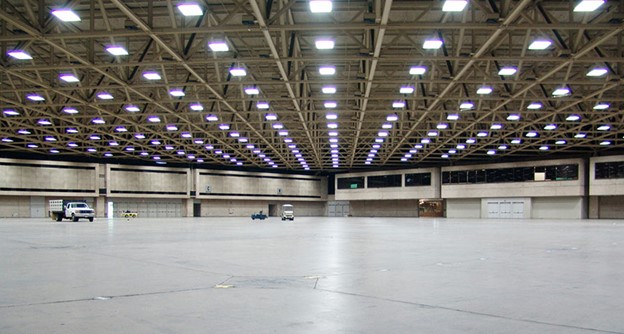
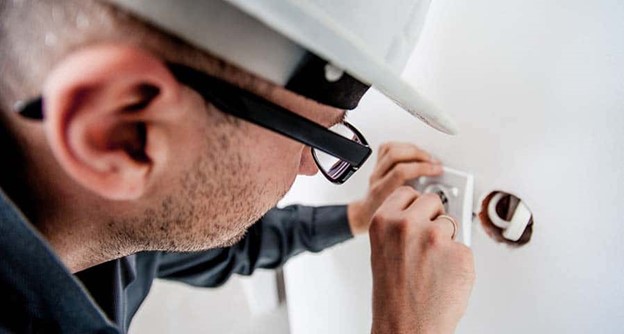

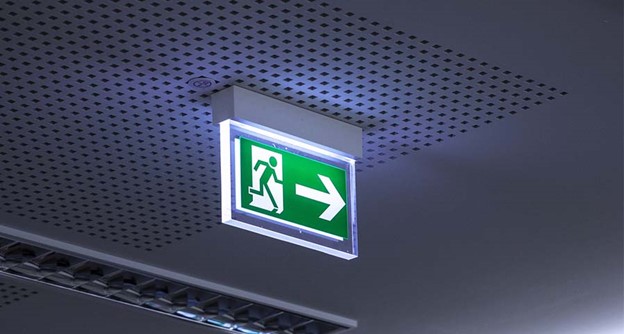
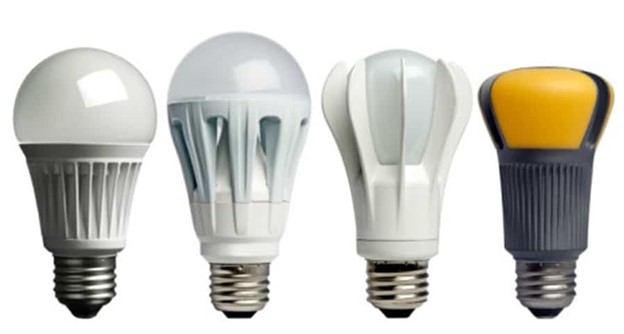
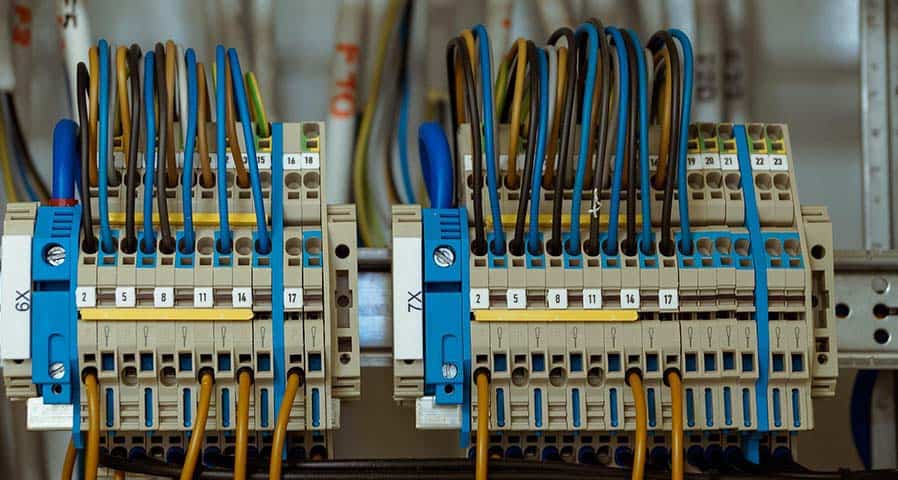



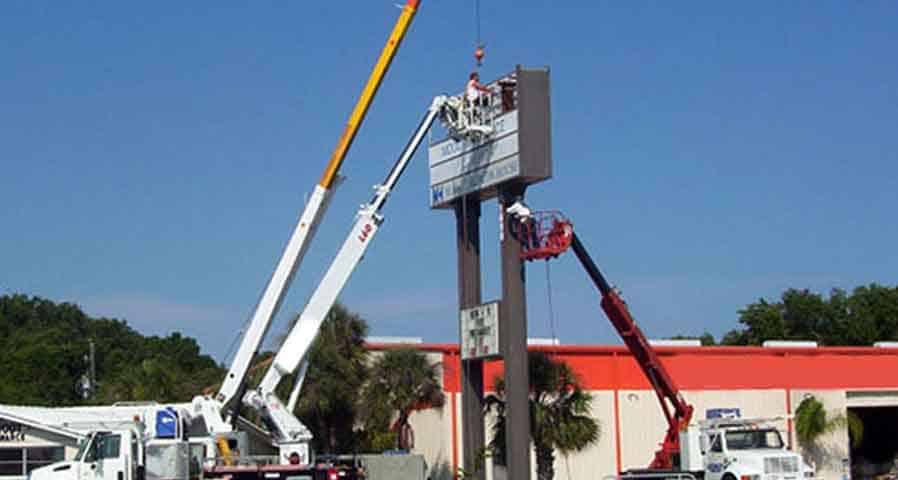

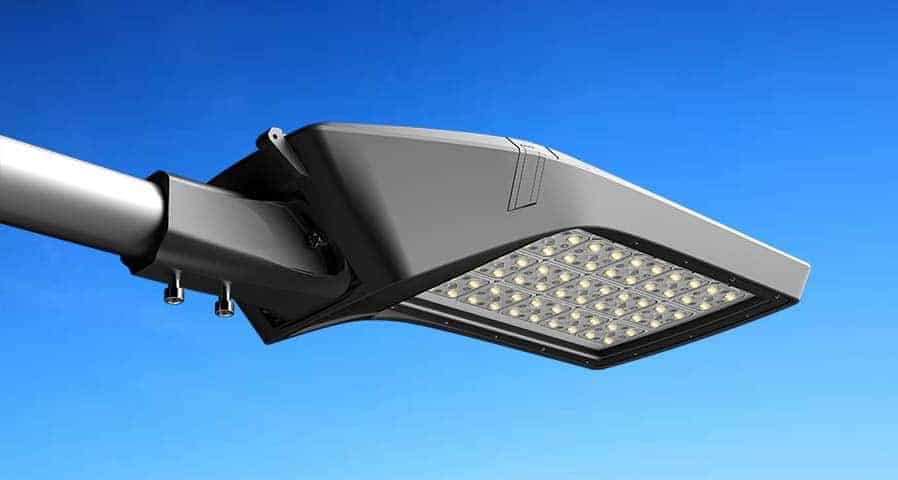
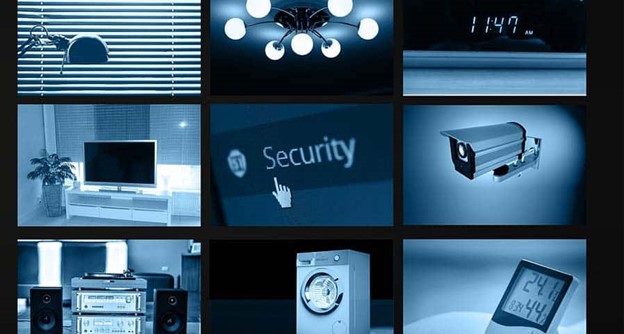
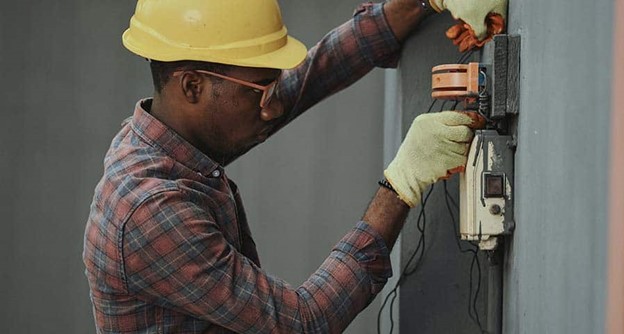
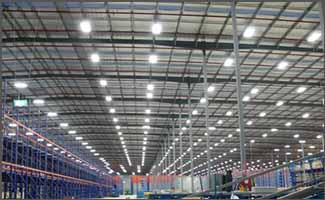









0 Comments
Trackbacks/Pingbacks